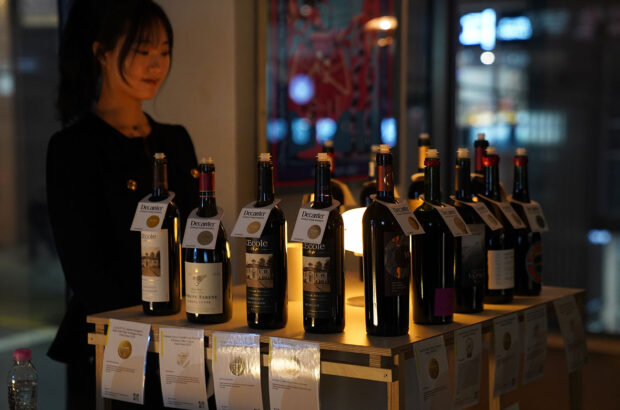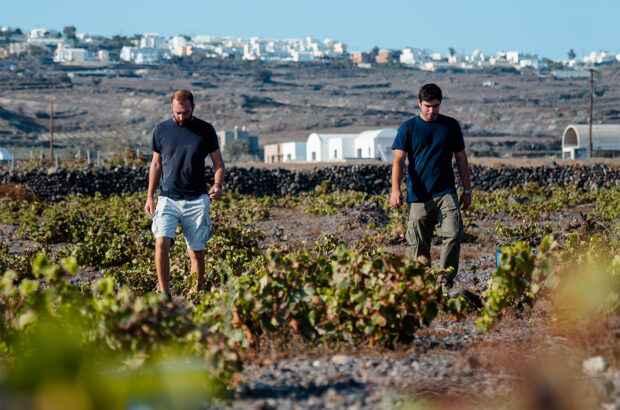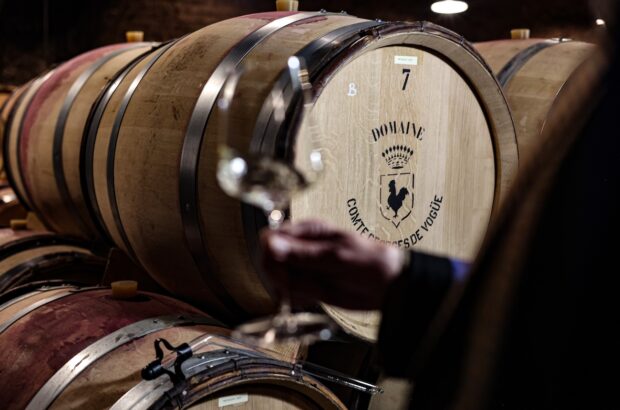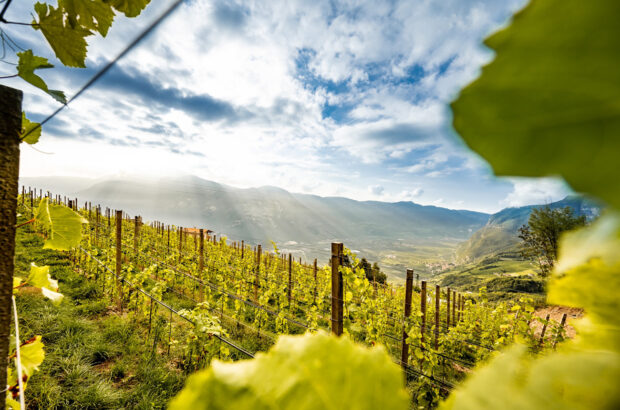With wine deeply embedded in the national identity, and high-quality productions spanning anything from liqueurs to artisan beer, Italians are no strangers to the arts of fermentation and distillation. The country’s profound passion for whisky, however, has never managed to trickle down from independent bottlers and whisky clubs to master distillers.
At least not until recently as, since the pioneering launch of Alto Adige’s Puni whisky in 2015, the past few years have witnessed a true explosion of whisky projects. With 12 distilleries already having released their own malts, some industry insiders believe Italy could soon boast as many as 20 active whisky makers. And unusually for such a young industry, Italian whisky is already carving out a strong identity deeply influenced by the country’s vinous heritage.
An established distillation infrastructure
Psenner, Poli, Roner and other renowned producers of grappa (the distillate made from grape pomace) are at the forefront of Italy’s whisky revolution. These producers benefit from established distillation infrastructure and ready access to casks for maturation, giving them a significant head start in a country where whisky making is still in its infancy.
‘In Italy, the fact that most whisky producers come from the world of grappa distillation is evident in their concentration in the Alpine region,’ says Davide Terziotti, a renowned Italian whisky consultant and event organiser. ‘This is largely because starting a business in Italy is incredibly complex, as is attracting investment. Established distilleries have an advantage, they can experiment with whisky without the burden of major upfront costs and, most importantly, can start with small production volumes.’

Poli distillery. Credit: Poli
A sense of terroir
The vinous influence on whisky making is evident in the strong focus on malts and grains with a certain sense of terroir, too. Grappa maker Villa de Varda, for example, uses barley, rye, and wheat from nearby farms; Sardinia’s Silvio Carta Winery relies exclusively on barley grown on the island; and Mulino di Sassello (a grain grower and mill in Liguria) recently launched an American-style moonshine made from its own corn and is set to release an emmer whiskey in the near future.
The Italian wine industry has also quickly become the natural source of casks for the country’s emerging whisky scene. Puni, for instance, uses ex-Marsala and ex-Pinot Grigio casks; and Nino Mason, third-generation winemaker at Silvio Carta, matures whisky in centuries-old chestnut barrels that once held his own Vernaccia di Oristano. ‘This process gives our whisky a truly unique identity, with aromas and nuances that cannot be found in any other spirit,’ he says.

Credit: Silvio Carta
Meanwhile, Tuscany’s Winestillery matures all its whiskies in SuperTuscan and Vin Santo barrels sourced from its sister winery Chioccioli Altadonna, in the heart of the Chianti Classico. ‘I’ve spoken with other Italian distillers to understand their perspectives, and despite our differences, there’s a shared foundation rooted in being Italian,’ explains Winestillery’s head distiller, Enrico Chioccioli Altadonna. ‘Italy is a gastronomic powerhouse and we have a strong wine heritage. I think that tapping into that heritage will certainly play a role for most of us going forward.’
Taking the local cask element one step further, some producers treat wood as a proper ingredient, relying on casks made from unusual, locally sourced wood types. Roner’s whiskies, for instance, are matured in oak, cherry, and larch from the nearby forests, while Villa de Varda offers an expression aged in spruce from the surrounding Dolomites.
‘Nearly all distillers are being quite forward-thinking, realising that competing in the field of Scotch whisky and single malts may be very challenging due to prejudices over newcomers to the scene,’ Terziotti points out. ‘That is why many focus on highlighting their Italian identity through maturation on Italian casks and focusing on our tradition of winemaking.’
Leading Prosecco and grappa producer Bottega has also begun distilling whisky following a confidently substantial £2.5m investment, using Italian malts and wine casks for maturation. Bottega’s involvement is set to give a strong boost to the burgeoning Italian whisky scene, and shows how the country’s rich wine culture is already defining its identity.






